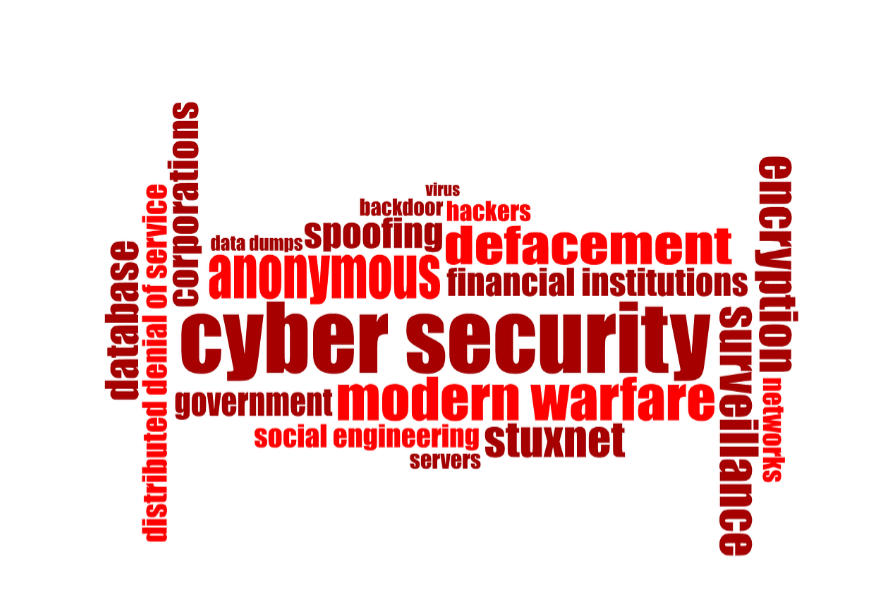In 2017, Equifax released a report claiming that they had undergone a massive data breach with up to 148 million US consumers being affected by the attack. In a nutshell, Equifax deals with the credit details of US consumers meaning that there is no telling who was affected by the attack and who was lucky enough. The hackers gained access to a diversity of consumer details that range from social security numbers to names and even a few driver license details.

While the data breach was dealt with and new security measures put in place to mitigate the risk of another breach, the leaked data is still out there. As long as they have the right set of personal data, such cybercriminals can use it to access financial instruments like loans by setting up fake user accounts under your name. Which begs the question, what’s the best way to protect yourself from this identity theft?
Here are four ways to avoid any financial losses:
Scrutinize Your Financial and Credit Statements
With your details in their hands, there is almost nothing that fraudsters can’t achieve. As a result, it is only wise to be vigilant enough in scrutinizing your credit card and financial details every once in a while. In case you notice a credit card charge that you didn’t authorize, you can contact your credit card providers to challenge it.
Consider also setting email alerts for credit card transactions to alert you of anything that might seem amiss. Since most lenders of online loans no credit check instant approval among other loans will also use your email to communicate with you, check your email from time to time to identify and prevent any severe losses.
Leverage Credit File Freezes
A credit file freeze ensures that no lender can access your credit history and offer you a loan without your permission, which makes it the best alternative to dealing with identity theft. If lenders can’t access the data in your credit report, they cannot offer such fraudsters any financial aid. The drawback is that this also bars businesses like lenders and telecom companies from accessing your details, which will make accessing their services tough.
For instance, it might be tough to apply for a credit card while the credit file freeze is still active. You will have to lift the freeze for the time you would like to apply for a loan or even a service from a company that needs your credit history. In most cases, you will be required to set a date by which the freeze will be back in play automatically.
Consider Leveraging a Credit Lock
A credit lock, a service offered by all three major credit bureaus, prevents anyone from opening credit accounts under your name. While they may seem similar at first, there are major differences between credit freezes and locks. Firstly, you can initiate a credit lock by simply using your smartphone which is quite fast when compared to initiating credit freezes which can take ages.
The second issue is the cost where both Equifax and TransUnion offer free credit lock services, and Experian offers subscription-based services. It is wise to remember that you will need to lock your credit report on all three companies for optimal protection. Lastly, credit freezes are protected by the law while locks are protected by contracts between you and the credit bureau.
Use Two-Factor Authentication
Before anyone can access your credit card data, the credit bureaus need to ensure that they are authorized to. In most cases, only a password will suffice, but this increases the risk of theft if the fraudsters gain access to it. Instead, leverage two-factor authentication when applying for any financial aid. This way, you will be required to confirm a code sent on your phone before proceeding with a transaction. If fraudsters can’t provide this code, then there is nothing much they can do.
Conclusion
Data theft will remain to be an imminent threat in today’s society. The trick is to find ways to protect yourself proactively. Consider the tips above to avoid experiencing major losses.
Disclaimer: This content does not necessarily represent the views of IWB.